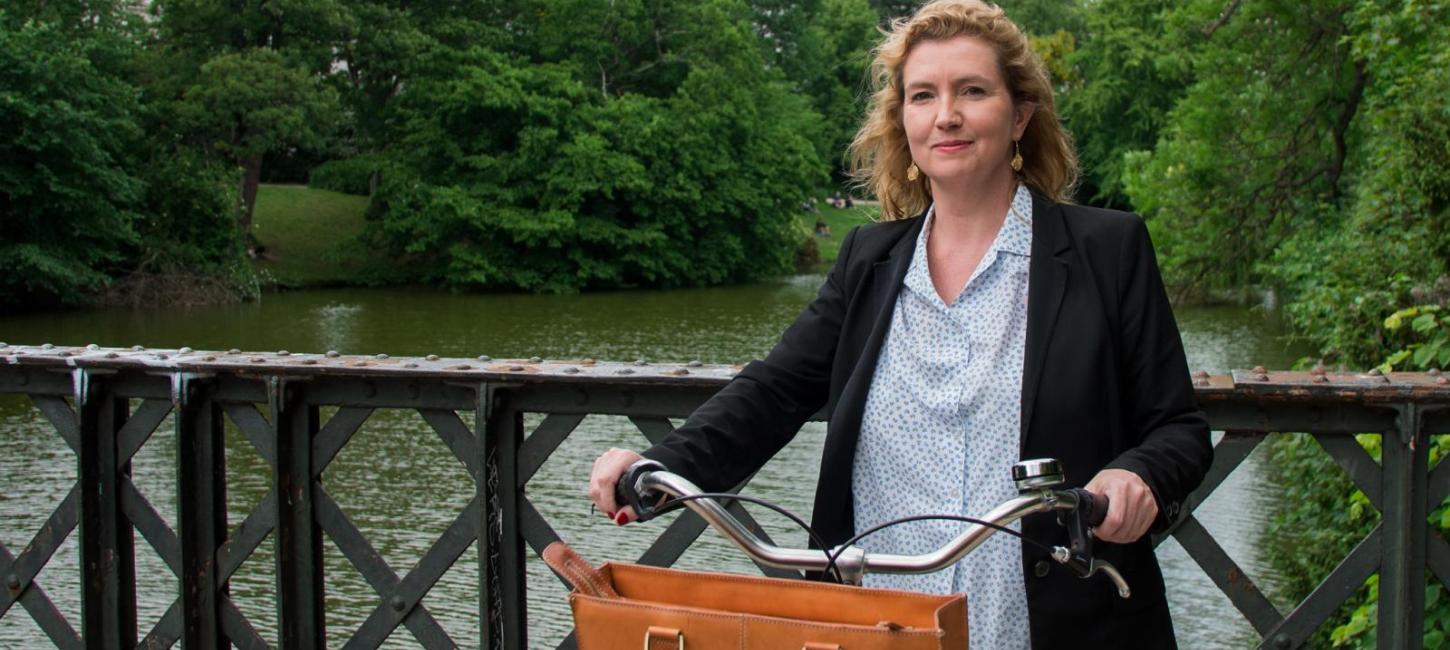Events as a driver of sustainable development
Hosting your event or congress in Copenhagen can bring you closer to sustainable solutions and meetings. That is why we have created this guide. To help you get started in planning a more sustainable event in Copenhagen.
High ambitions for sustainable events in Copenhagen
At Wonderful Copenhagen, our aim is that the majority of events and congresses hosted in Copenhagen are drivers of sustainable development supporting the UN Sustainable Development Goals (SDGs).
Events and congresses not only have the potential to crucially influence knowledge exchange, culture, innovation, talent attraction and development, they also have the potential to support and push global agendas such as the SDGs. Yet, along with positive impact on local communities and the SDGs, we must acknowledge that events often leave a less positive footprint, to mention a few are the emission of carbon and the sometimes extensive use of materials. We all have a responsibility to address those downsides, and with this guide, we wish to encourage events and congresses in Copenhagen to take part in becoming a new generation of sustainable events and congresses.
A visit to Copenhagen can be inspirational to congresses and events and their delegates from around the world with solutions on sustainable living and convention planning. The SDGs and the Copenhagen Congress Compass can help you implement goals in your congress or event.
A new generation of sustainable events
We saw the first approaches to hosting sustainable events with a focus on the event footprint itself. On how to reduce single-use plastic, food waste and include more plant-based food alternatives. Next, we saw an approach of a second generation where events sustainability expanded to also considering participants' footprint from travel, accommodation and consumption outside of the event space itself.
Both generations’ focus areas are still highly relevant to include when planning a sustainable event. Nevertheless, going beyond and creating an event that drives lasting sustainable development, that is the approach of what we would like to call the new generation of sustainable events. A new generation that takes on a more holistic approach by actively engaging with and inspiring participants, exhibitors and suppliers to drive lasting sustainable development and lasting impact in local and global communities – before, during and after the event. We have a strategic approach to creating long-term positive impact from congresses called Copenhagen Legacy Lab, but we don't stop here. New ideas and perspectives on the future of sustainable events are taking form. Thinking regenerative, resilient, and responsible event planning is a new perspective to be further explored in our next phase of further developing this guide to planning sustainable events.
This guide is not meant to be a meassurement tool and hence a reporting framework. We encourage you to find inspiration from international recognized non-financial reporting standard frameworks and certifications.
We need to encourage as many people as possible to be part of the sustainability agenda, such as clients, partners, suppliers, companies and organisations within the whole value chain and leave no one behind.
A guide to more sustainable events in Copenhagen
We have developed this sustainability guide to help you in the process of becoming a sustainable pioneer and contributor to this new generation of sustainable events and congresses. The guide is produced in close collaboration with consultants from LEADERLAB who conducted several interviews with event organisers about their work, needs and wishes, as well as having conversations about how events ultimately can drive sustainable development in the meeting and event industry.
In the guide you will find tips, tricks, tools and cases, which we hope will help and inspire you in your work. If you need more inspiration along the way, we encourage you to read the four exciting case examples that we have gathered on the front page. They might help you set the scene for your ambition and sustainable planning process.
Copenhagen, Denmark, is considered one of the safest, most secure and peaceful destinations in the world. Together with our MeetDenmark partnes, we have been working on health and safety measures in relation to COVID 19 challenges, so that you can still host your next sustainable meeting, event or congress in a city with; a low crime rate, a well-functioning and inclusive welfare health care system, a high level of digitisation and excellent hybrid meeting solutions.
Wonderful Copenhagen’s ambition for 2030 is that tourism in Greater Copenhagen positively impacts local and global sustainable development. That is why we are truly happy that you have made it this far and have taken the first steps towards making your event or congress more sustainable. We hope this guide, that you are about to explore, will assist and encourage you and your team to push the boundaries for making ambitious sustainable events and help you in planning an event or congress with lasting sustainable impact.


